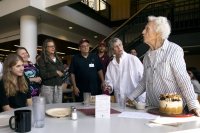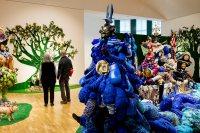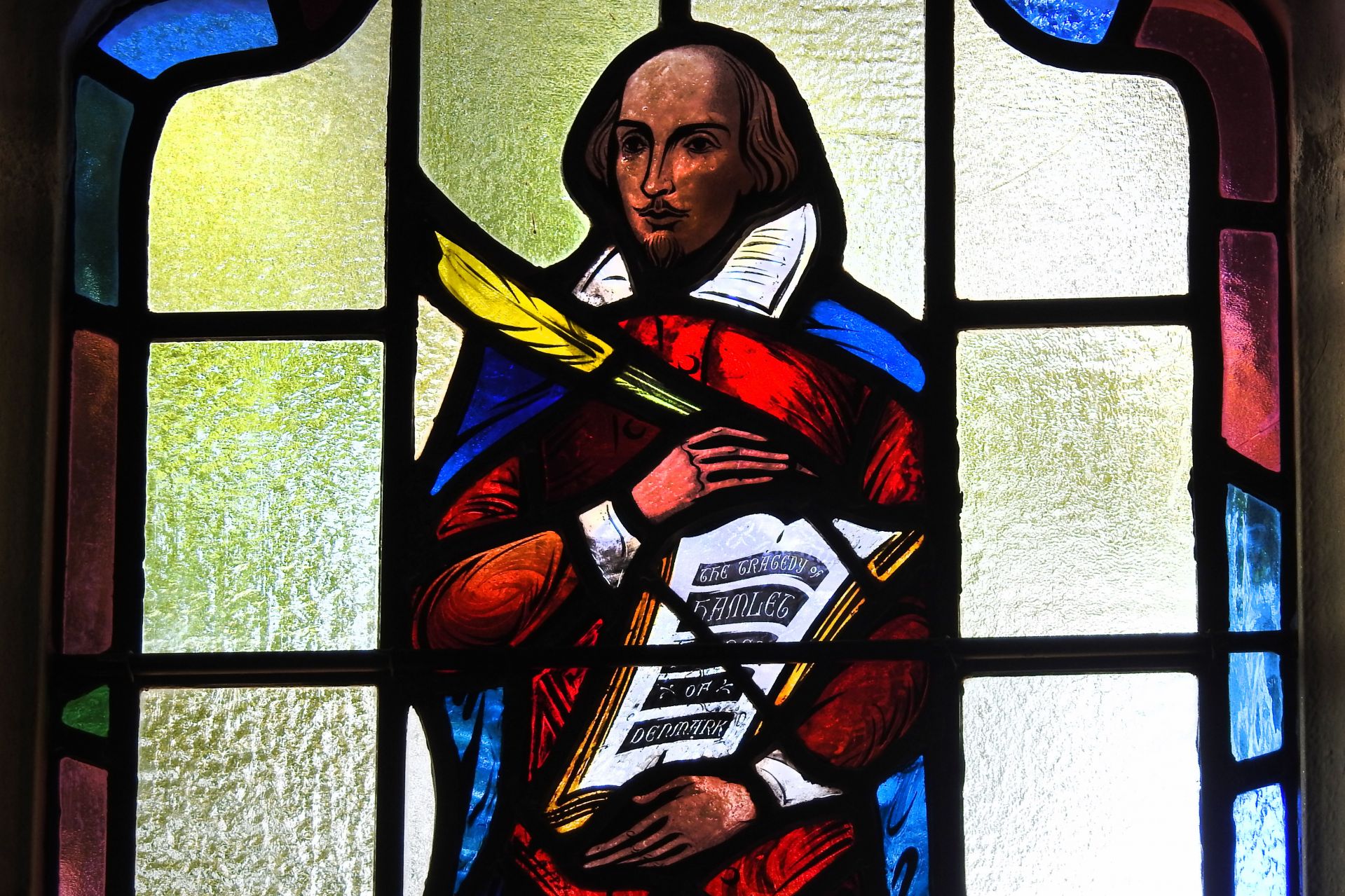
A selection of recent mentions of Bates and Bates people in the news.
Bates College Museum of Art
Exploding Native Inevitable exhibition features 15 Native artists — Indian Country Today
The current Bates College Museum of Art exhibition Exploding Native Inevitable “is not confined to white gallery walls,” writes Sandra Hale Schulman for Indian Country Today, “but rather explodes beyond the museum and across the campus into the community with performers, filmmakers, and writers both regional and national.”
Dan Mills, the exhibition co-curator and director of the Museum of Art, talked about how he broached the project with his co-curator and friend, Indigenous artist Brad Kahlhamer. “I asked him, ‘What do you think about joining and doing a project looking at Indigenous artists from across the land who may be crazy-good artists, and many who aren’t known?’”
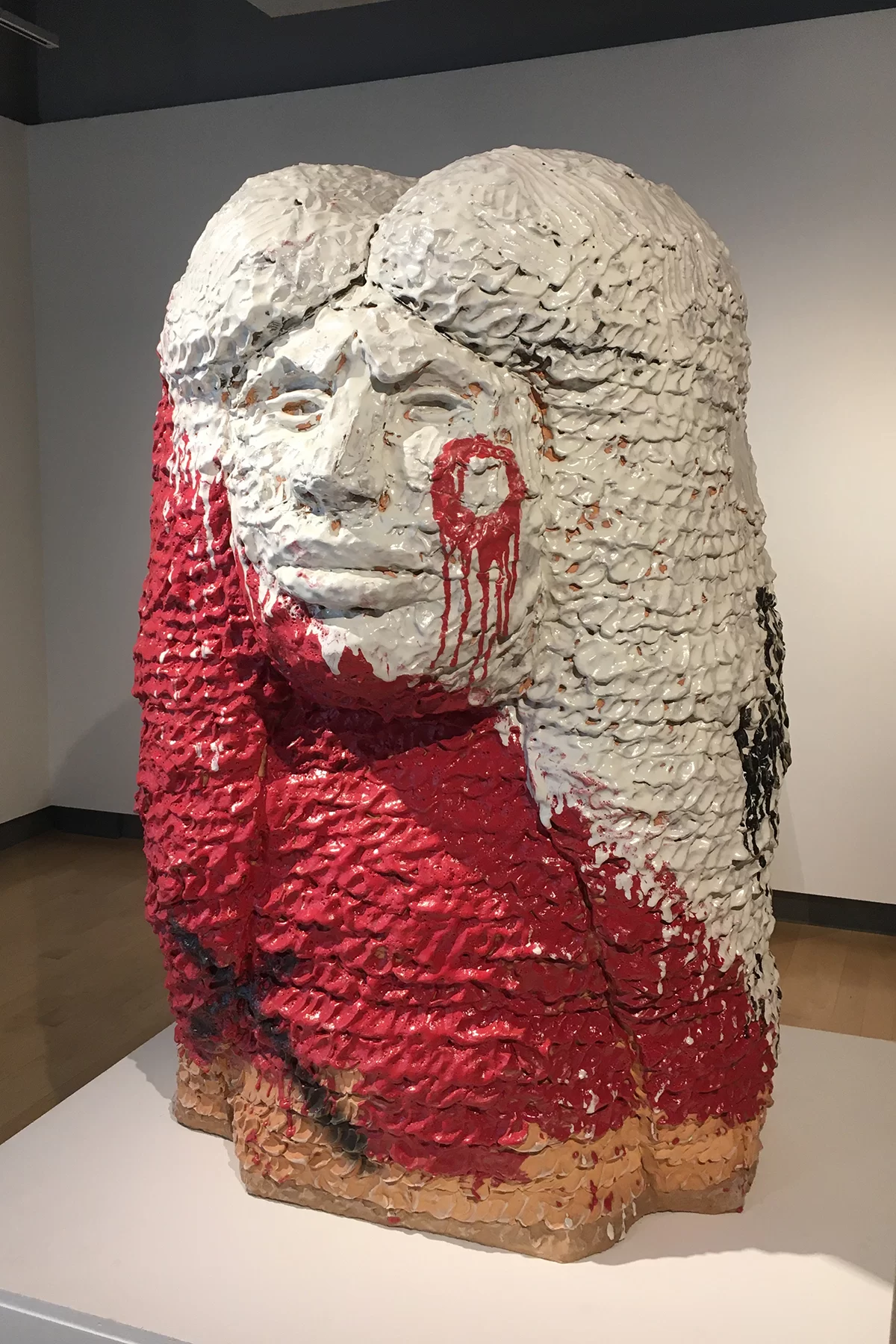
The title of the Bates exhibition nods to Andy Warhol’s 1966 Exploding Plastic Inevitable, in which he curated multimedia events to go along with his art exhibition. Like Warhol’s exhibit, Exploding Native Inevitable features talks with artists, screenings of films, and performances.
The show will be up at Bates until March 4 and then travel to venues in Arizona, Nebraska, and Utah.
Tyler Harper
American Fiction and the ‘just literature’ problem — The Atlantic
In a recent essay for The Atlantic, Tyler Harper, an assistant professor of environmental studies and prolific essayist in the national media, describes the racial politics within the movie American Fiction.
In the movie, the character Thelonious “Monk” Ellison questions why a chain bookstore places his novels, which are inspired by Greek tragedy, in the store’s African American studies section rather than the mythology section. “The film trades on the gap…between how Monk is seen by others (as a Black novelist) and how Monk sees himself (as a novelist who is Black),” writes Harper.
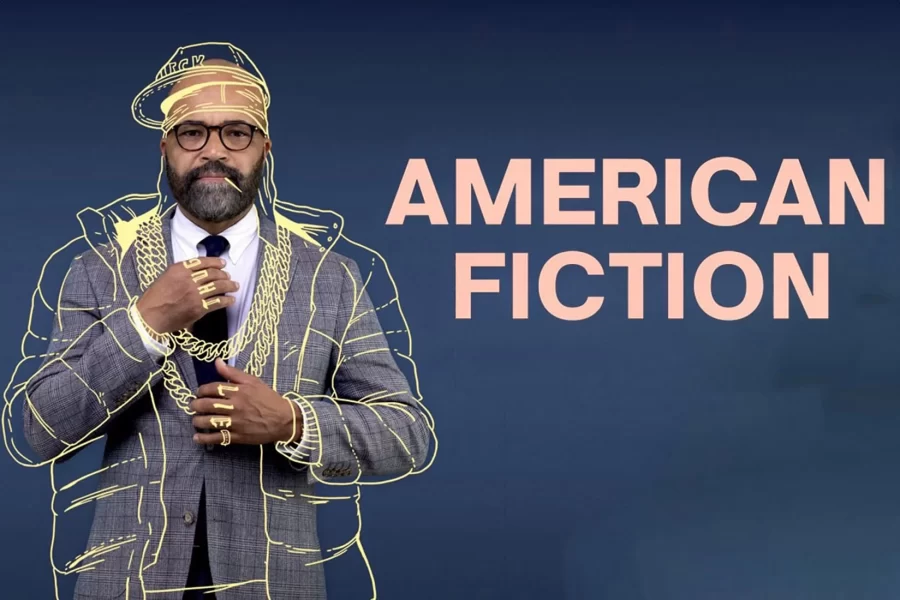
The film also trades on the “distance between a writer who insists that his work is ‘just literature’ and an industry that demands that any novel by a Black writer is…a tool for social justice,” as Monk comes to resent “how Black writers are recruited for anti-racism, progressive politics, and invectives against what one white character calls the ‘carceral state.’”
American Fiction “joins other 2023 send-ups of the literary landscape — R.F. Kuang’s novel Yellowface, Brandon Taylor’s The Late Americans — in its remorseless ridicule of the progressive identity politics of the moment.”
William Pope.L
Pope.L, provocative performance artist, dies at 68 — The New York Times
Media outlets in the U.S. and abroad highlighted the art of William Pope.L, a former longtime senior lecturer in theater, after his death on Dec. 23, 2023 at age 68.
Will Heinrich in The New York Times called Pope.L, a member of the Bates faculty from 1990 to 2012, “an uncompromising conceptual and performance artist who explored themes of race, class, and what he called ‘have-not-ness.’”
Pope.L’s work spanned a wide variety of mediums — such as painting, sculpture, and photography — but he was perhaps best known for his brash and inventive performance art, specifically his public crawling performances “that blended satire and resistance,” the Times noted.
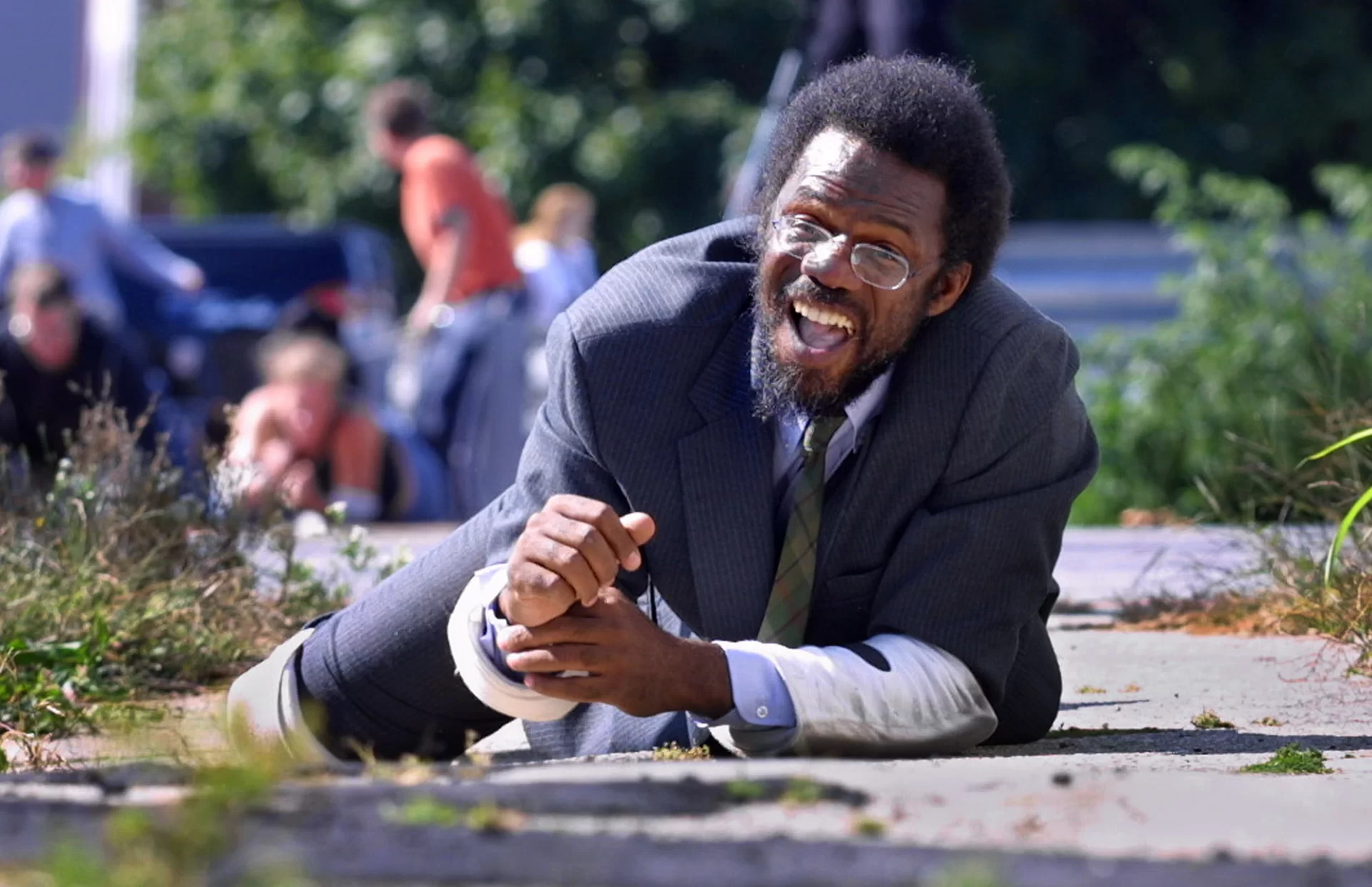
The Guardian described an early crawl: “Wearing a business suit and pushing a potted plant, he crawled the length of 42nd Street in New York on his hands and knees, taking him across Times Square, then heavily populated with homeless people, sex workers, drug addicts, and others at society’s margins.”
The Guardian’s art critic Adrian Searle described the works as “grueling, extreme, stupid, and brave … the artist adopting the position of the penitent or the religious fanatic, the most base and abject of those at the bottom.”
“His abiding themes were the intersecting difficulties and distinctions that he experienced as a Black American and a son of the working class,” Heinrich wrote in the Times. “But the impact of his work came less from the literal sense of its surface contents, which could be difficult to decode, than from its sheer intensity, and from his willingness to say and do things others wouldn’t.”
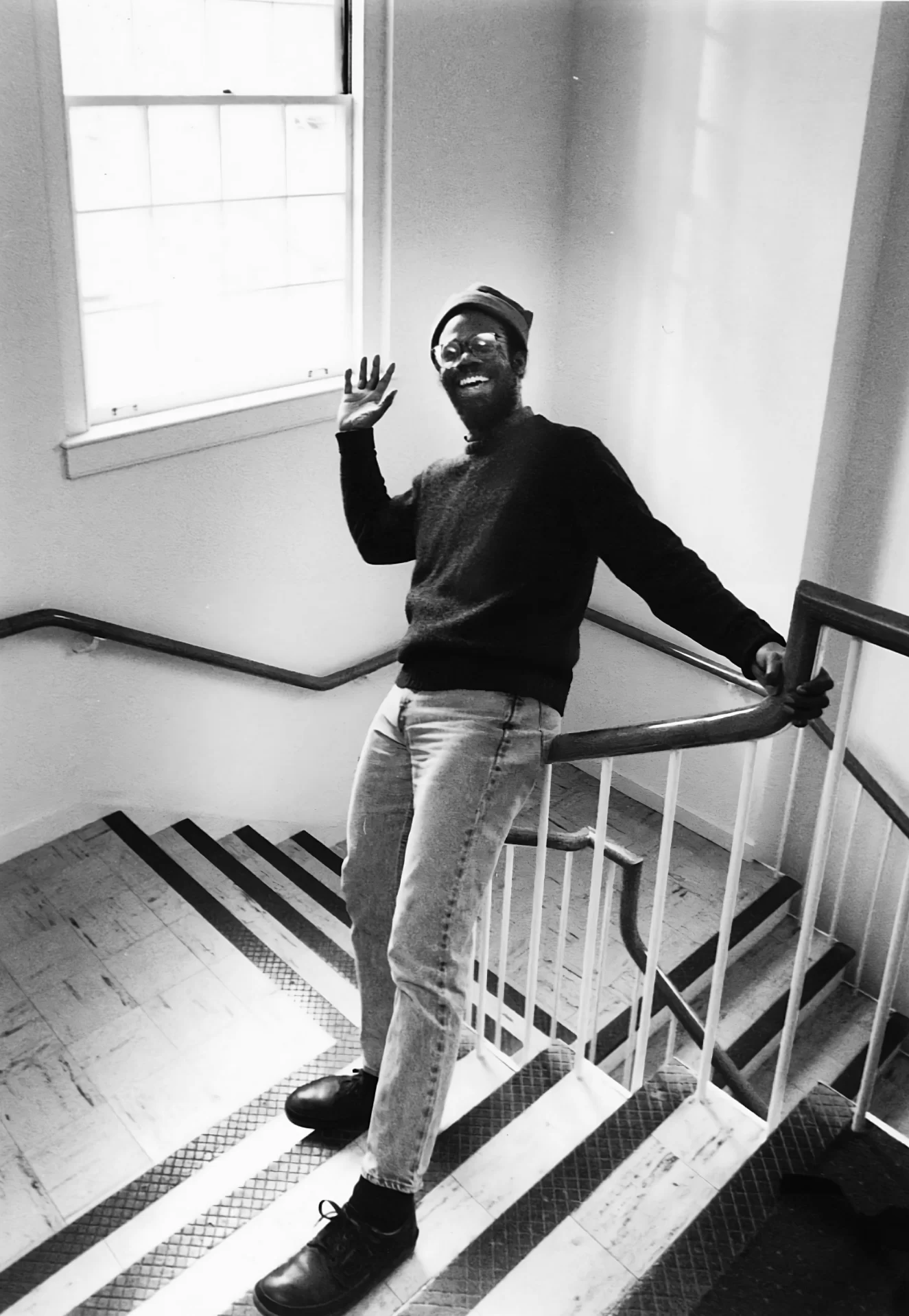
At Bates, one of Pope.L’s well-known projects was the Black Factory, which aimed “to re-energize discussions about race in America by inviting people to share objects that represent ‘blackness’” reported Doug Hubley in 2003. The next year, Pope.L was named a Guggenheim fellow.
Ken O’Friel ’16
Meet the newest Forbes 30 Under 30 — Forbes
Ken O’Friel ’16 was named to Forbes’ 30 Under 30 list in the Finance sector for his role in founding a Toku, a firm that supports crypto companies in the areas of token compensation and tax compliance.
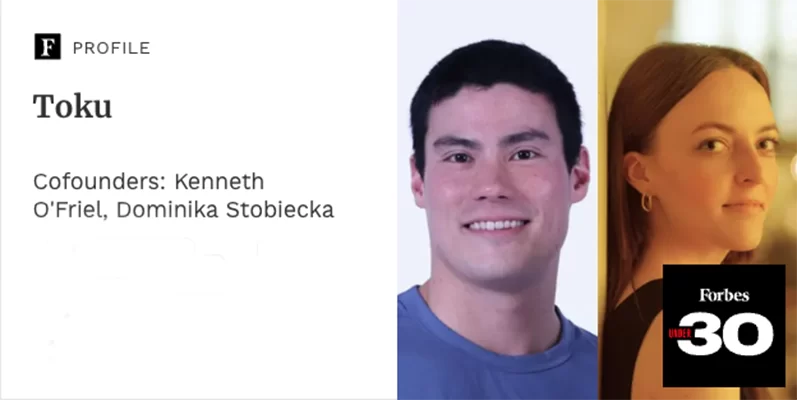
“Many crypto startups opt to compensate their employees with tokens, and Toku…supports them in adhering to tax regulations across more than 100 countries,” Forbes reports. O’Friel was named to the 30 Under 30 list with company co-founder Dominika Stobiecka.
“Among its clients are crypto exchange dYdX and Protocol Labs, developer of the decentralized data storage service Filecoin. In March, the company raised $20 million in an initial round led by Blockchain Capital,” notes Forbes.
O’Friel, who majored in East Asian studies and economics at Bates, notes that Bates classmate Stefan Stadlinger ‘16, also a Bobcat lacrosse teammate, is a founding member of the Toku team and currently the head of product.
Maine
What is Maine? — Jeopardy!
More of a noteworthy pop-culture mention than a news mention, Tuesday’s Jeopardy! put the Bates name into the show’s familiar Gotham font when host Ken Jennings gave this $400 clue in the category “College Prep”: “Bates, Beal, and Bowdoin are colleges in this state that does not begin with B.”
The correct response was offered by April Marquet, a digital production artist from Oakland, Calif.
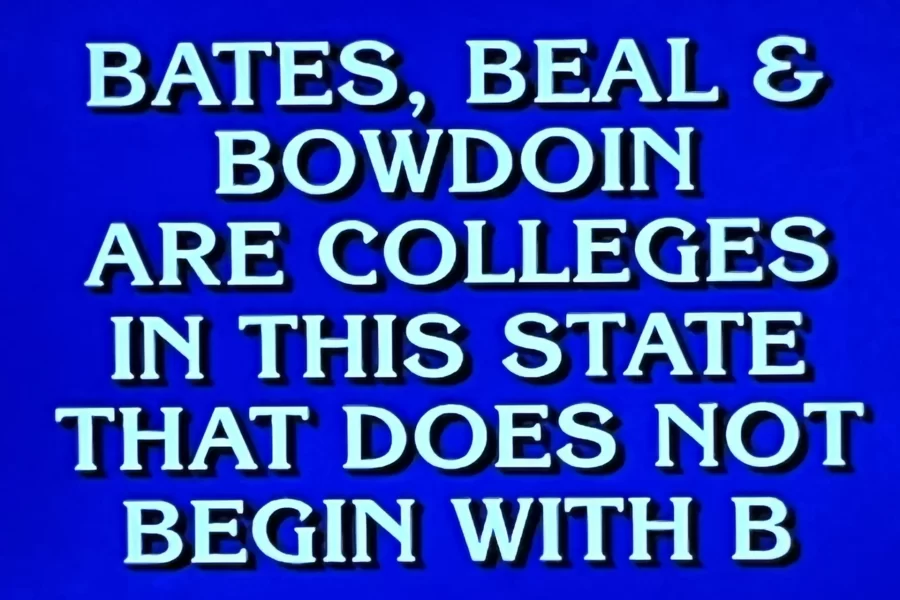
Bates folks were proud of the Bates mention on show No. 9,012. “All watching in this house shouted out the answer simultaneously and correctly!” said Bates parent Lisa Backer of Del Mar, Calif.
But there might be some brushing up to do when it comes to awareness of Maine colleges, A number of Bates viewers said they didn’t know there was a Beal in Maine. It’s actually Beal University, located in Bangor, a two-year business-focused school that was founded in 1891.
James Parakilas
Napoleon’s piano lends authenticity to Ridley Scott’s biopic — NPR’s Morning Edition
NPR’s Morning Edition turned to Jim Parakilas, professor emeritus of music, to describe the sound and history of the 200-year-old piano heard in the movie Napoleon.
The melody heard in Ridley Scott’s biopic comes from a piano once owned by the French emperor himself. Morning Edition’s Olivia Hampton noted that the piano, known as the Erard no. 7493, “has a less damped sound than that of a modern piano.”
Parakilas said that “even when the dampers have fallen on the strings, you still hear resonance from the strings. So it’s kind of a more echoey sound.” The piano is on permanent loan from the Museum of Music History to the Cobbe Collection of historic instruments outside London.
This short video about making of the Napolean soundtrack shows how the piano known as Erard no. 7493 “finds its largest audience to date.”
Parakilas, the author of Piano Roles: A New History of the Piano, put the instrument into historical context, noting that “Napoleon was also a contemporary of Beethoven. Both men made a tremendous impact on society in a fast-moving time. Music was part of that.
“The piano changed more in their lifetimes than at any other time in history. So this little instrument…represents a moment of truly staggering change in the way pianos were made, designed, sounded, and the music that could be made on them.”
Anne Williams
The nine best puzzles for adults in 2023 — NBC Select
Professor Emerita of Economics Anne Williams, nationally known for her puzzle expertise, told the consumer program NBC Select that the “best puzzles for adults are challenging and fun to solve. When finished, the puzzler feels pride and a sense of accomplishment at having conquered the unknown.”
Willliams offered tips for evaluating puzzles by size, image, type and budget, and cutting style. For example, when choosing the number of pieces, ask yourself, “Are you looking for entertainment for a couple of hours, or a couple of days?”
The image of a puzzle affects the experience, said Williams. “Do you want a busy, energetic picture or a more relaxed and contemplative one?”

Studies show that doing jigsaw puzzles can help prevent cognitive decline. Plus, says Willliams, solving puzzles “involves making order out of chaos, and gives a sense of control.” They’re a “soothing and solitary way to get absorbed in something that diverts one from the outside world.”
Ghasharib Shoukat ’20
Corporate farming in Pakistan: opportunities and pitfalls — The Express Tribune
Introducing corporate farming in Pakistan could pose challenges for existing farming systems, local communities, and the traditional rights of migratory livestock herders, wrote Ghasharib Shoukat ’20 in a co-authored article in The Express Tribune, a daily English-language newspaper based in Pakistan.
To protect local farms and communities, Shoukat and coauthor Daud Khan offered a number of recommendations, such as guiding corporate farms to land that is difficult to farm. “Such lands are not suitable for family farms but are eminently suitable for agile corporates who can move in inputs, machinery, and manpower if and when rains are sufficient to produce a good crop.”
Also, corporate farms should “establish strong links with local communities. The local population must be given priority for jobs and suitable training and coaching should be provided to upgrade their skills.”
Shoukat is a researcher focused on policy implementation and social reform who is head of product at Pakistan Agriculture Research.
Ryan Dean ’09
Studio visit with Illustrator Ryan Dean — GoLocalProv
Artist and illustrator Ryan Dean ‘09 was profiled by Michael Rose for GoLocalProv, a local news portal in Providence, R.I.
Rose notes that Dean, who was a double major in German and art and visual culture at Bates, is well known for LUMUKU, a brand of card games and related fine art and public art that Dean developed for children’s language learning.
LUMUKU, which stands for “love you, miss you, kiss you,” to honor one of Dean’s mentors, features “playful illustrations that allow for children and families to learn languages in an approachable way,” wrote Rose.

An “immersive” exhibition of Dean’s work is on view in AS220’s Resident Gallery in Providence. Rose calls it a “buoyant show [that] indicates this artist’s signature aesthetic and worldview…. The bright and cheerful designs that come from his studio can inspire both those who are young and young at heart.”
